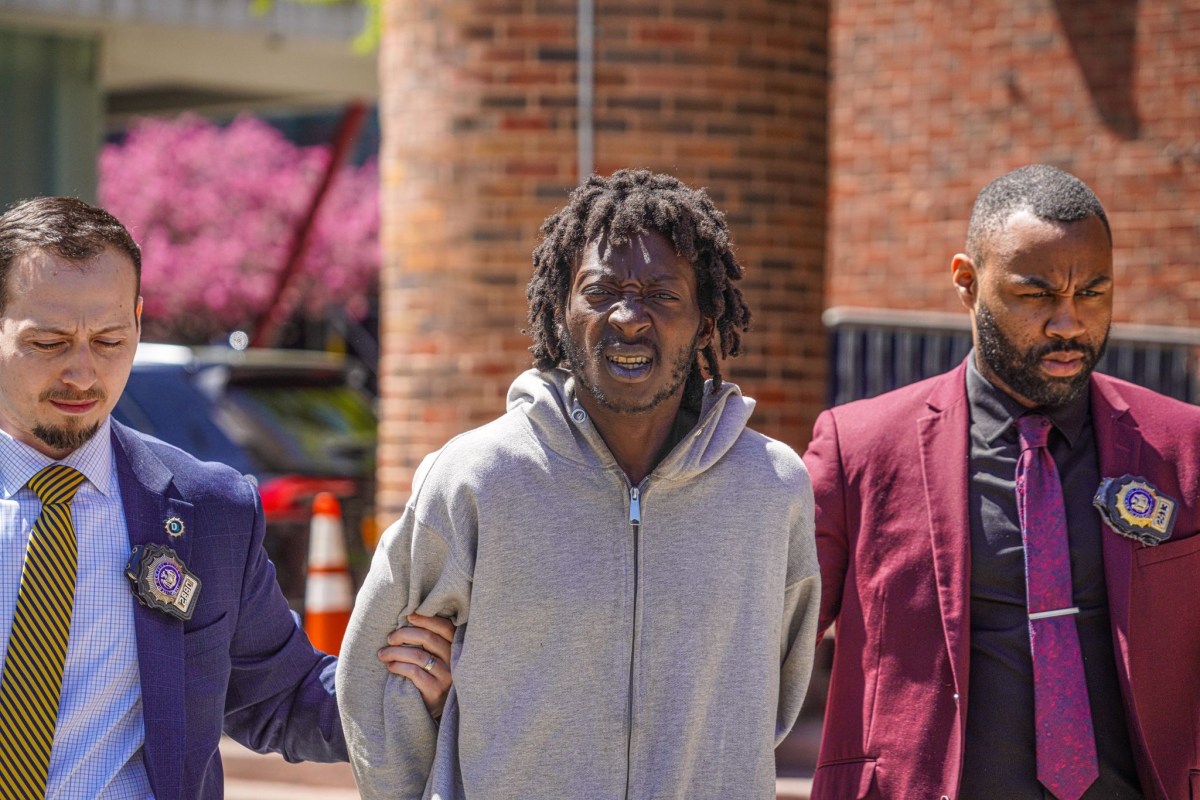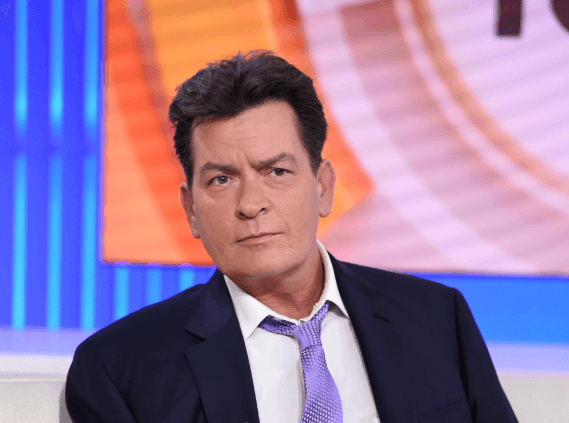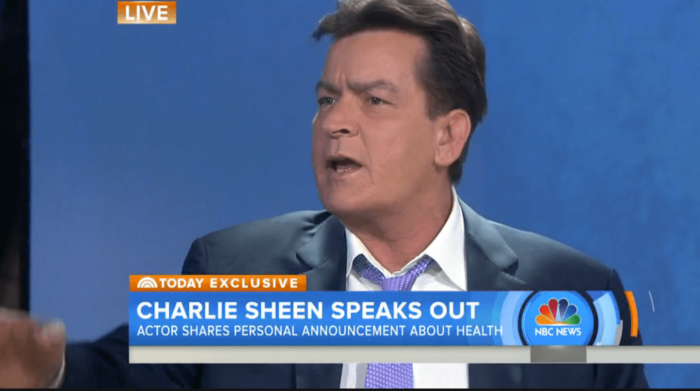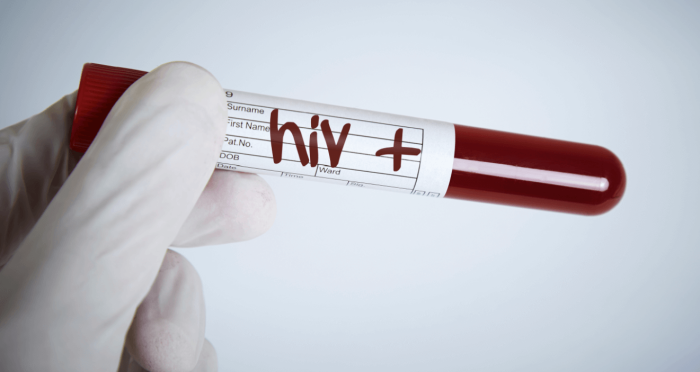Annie Lennox knows how celebrity controversy can act as currency in competing for media attention and public support. In 2010, she caused a stir by wearing a T-shirt printed with the words “HIV Positive” on television, which led to debate about her own health status and the continuing prevalence of the virus. It’s once again a shocking A-list reveal — actor Charlie Sheen’s disclosure of being HIV positive — that has brought the epidemic back into the spotlight. Lennox isn’t interested in the gossip-fueled media circus surrounding Sheen, but she is passionate about improving public awareness, life-saving treatment and testing. RELATED: Young people are the face of HIV today
This year for World AIDS Day, Lennox is holding a special online auctionto raise funds for women and children affected by HIV/AIDS. The auction,Books I Have Loved,includes 10 volumes hand-picked by Lennox with written reflections, which will be further personalized with handwritten messages for the winners. Bidding begins Dec. 1 and ends Dec.8. The Scottish singertells us about her role in continuing to educate the world about the disease.
Why did you become an HIV/AIDS activist?
I was invited to be part of the launch of Nelson Mandela’s HIV/AIDS foundation in 2003. He organized a special concert and invited lots of great artists like Peter Gabriel, Youssou N’Dour, Beyoncé and Bono. The very next day, Mandela held a global press conference and he told the world that at that time, HIV/AIDS was a pandemic that was affecting the people of his country on a genocidal scale. That was a wakeup call for me, as both a woman and a mother. I didn’t really understand how it could be that so few people seemed to know about the scale of what was happening and that women were the face of it. Does it take a controversial statement to spark debate?
Nowadays, every issue is competing with some other issue to gain attention in the media. Sometimes, something controversial — for example, a well-known Hollywood actor disclosing his status as HIV positive — can create dialogue. Without dialogue the issue just goes away to the back page when actually, it hasn’t gone away; it’s very much with us today. Speaking of Charlie Sheen, would you like to see more celebrities openly divulging their health status?
We live in a time when celebrities are viewed as currency. It’s a strange currency because this particular individual probably didn’t want that disclosure; it came in a forced way. Magic Johnson had the courage to step out years ago — that is always an excellent thing. In this actor’s case, if he didn’t do that on purpose, I don’t think that’s appropriate. I would hope it’s done through one’s choice, and I also like to think that they would advocate healthy and responsible behavior, i.e. having protected sex. Do you feel like there is still a lot of misconception about this disease?
Absolutely, it continues on to this day that people still don’t fully know the facts. No, the virus is not passed on because you hug someone, or kiss someone, or share a glass of water. It’s very important to break down fear and stigma, and it can be done through education. In terms of education, we need open discussions about that issue, which is very tricky because of the nature of it — people tend to be secretive about their sexual behavior.
Many places in the world have problems with HIV/AIDS, yet it’s often ignored because it’s associated with the taboo topics of homosexuality and drugs. How can you approach the issue sensitively and effectively? I’m almost 61, and since the ‘70s when I was in my 20s, I personally have witnessed so many changes in society for the better, a far more accepting society in Britain and in America. Eventually, change is possible, but it takes time and work. The ignorance is there at the very top of the tree —in the government. For example, South African president Jacob Zuma said a few years ago that taking a shower “would minimize the risk of contracting the disease.” We need to educate the people who are supposedly the leaders, the ones who should know better.


















